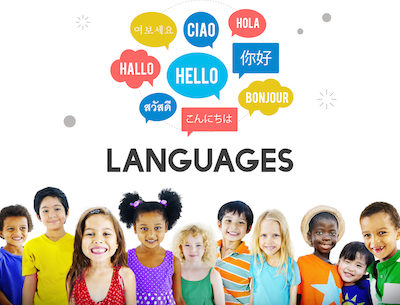It is a known fact that foreign language learning gives positive results in terms of intellectual development. This makes it necessary to teach foreign languages to children from an early age. It develops intellectual flexibility, listening ability and sensitivity. It enables the child to recognize different cultures, develop sensitivity to those who are not, and accept differences. Develops self-confidence in communication. It expands career opportunities in the future.
It is undeniable that foreign language learning, which provides such broad horizons in the globalizing world, is an inseparable part of life. Sometimes the education given in schools is not enough. One of the main reasons for this is that the child; not making the foreign language learned a part of life. Considering this as a lesson and subjecting it to an evaluation system makes it difficult for the child to put it in other positions. Since it is integrated into the daily process in language learning at an early age, it will create a positive impression in the long run in terms of the meaning that the child will attribute to the foreign language, as it becomes a part of both their routines and their games.
The research shows that children under the age of 3 speak a language other than their own with perfect emphasis in a short period of three months. This means that it is possible to learn the language in a completely natural environment or in an environment that includes the same processes as the mother tongue. According to Cohen, “Children learn more naturally and easily at a young age (ie pre-school age) due to their mental flexibility and the applicability of their affective organs.” Because their proficiency in acquiring information is at the highest level. Hagége said the following on this subject: “The ages of 3-4 and 10-13 are the ages when language learning capacity is highest. The assimilation capacities, which are built on the basis of learning a language, are at a high level in this period. After the age of 13, the hearing and articulation mechanism remains the same. Duverger also shows the age of 4 as the age at which the language is almost best settled in the child (Duverger: 1996). In fact, Françoise Bresson recommends using it in kindergartens to bring the child closer to the sounds of another language. Play, story, song, poetry come first among the methods used in teaching foreign languages to children.
Learning a language in the globalizing world now plays an active role. It is necessary to benefit from the opportunities of the school and the classroom at the highest level with the cooperation of teachers, students and parents. Those who want to continue learning English as a part of life as well as schools benefit from additional learning services. Do not forget that language learning has neither age, place, nor person.

